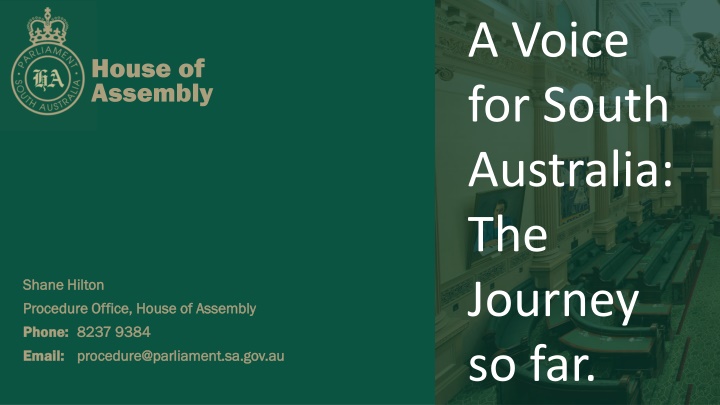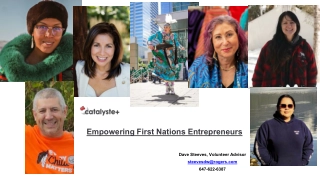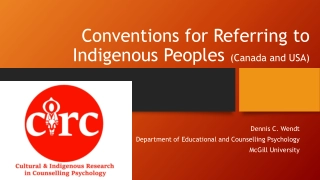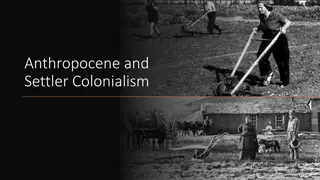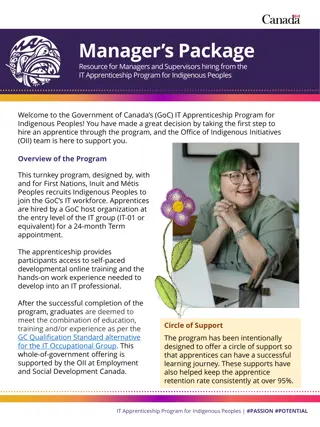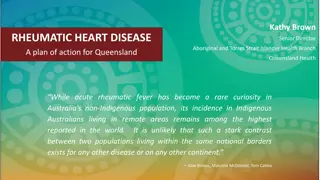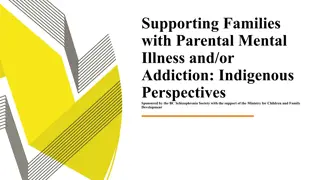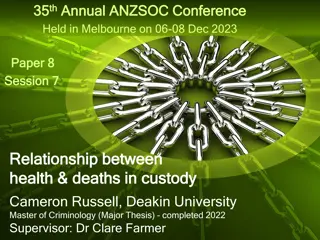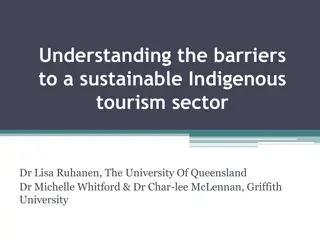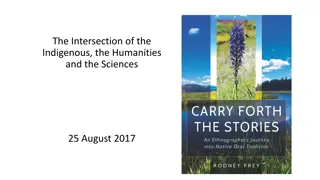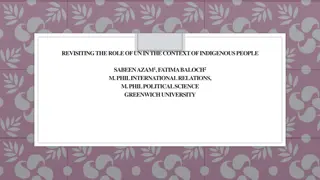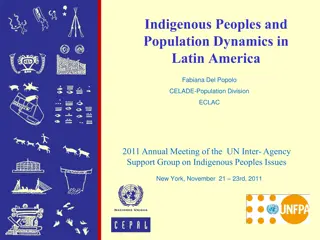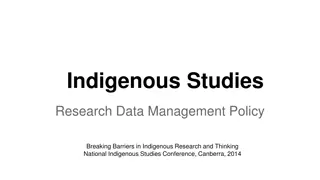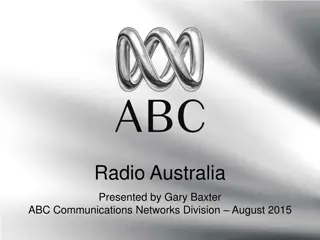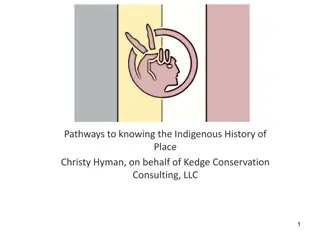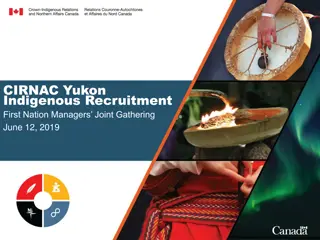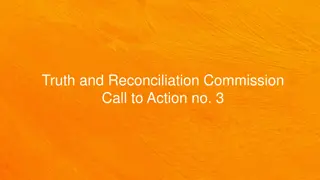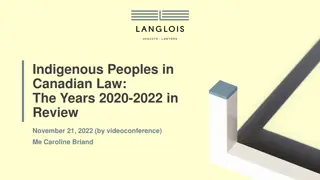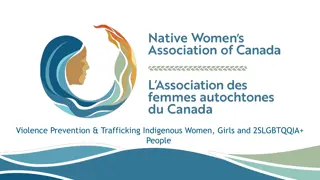Empowering Indigenous Voices in South Australia
Explore the journey of South Australia in recognizing and empowering Indigenous voices through various initiatives like the Aboriginal Representative Body Bill and the First Nations Voice Act. Witness the historical agreements and committees established to uphold the rights and representation of First Nations people in the region.
Download Presentation

Please find below an Image/Link to download the presentation.
The content on the website is provided AS IS for your information and personal use only. It may not be sold, licensed, or shared on other websites without obtaining consent from the author.If you encounter any issues during the download, it is possible that the publisher has removed the file from their server.
You are allowed to download the files provided on this website for personal or commercial use, subject to the condition that they are used lawfully. All files are the property of their respective owners.
The content on the website is provided AS IS for your information and personal use only. It may not be sold, licensed, or shared on other websites without obtaining consent from the author.
E N D
Presentation Transcript
A Voice for South Australia: The Journey so far. House of Assembly Shane Hilton Shane Hilton Procedure Office, House of Assembly Procedure Office, House of Assembly Phone: Phone: 8237 9384 8237 9384 Email: Email: procedure@parliament.sa.gov.au procedure@parliament.sa.gov.au
Why South Australia? Letters Patent 1836 Provided Always Provided Always that nothing in those our Letters Patent contained shall affect or be construed to affect the rights of any Aboriginal Natives of the said Province to the actual occupation or enjoyment in their own Persons or in the Persons of their Descendants of any Lands therein now actually occupied or enjoyed by such Natives Body.
Why South Australia? The Premier of South Australia, Hon. David Tonkin AO and the Chairman of the Pitjantjatjara Council, Mr Punch Kawaki Thompson OAM signing the agreement to the Pitjantjatjara Land Rights Bill in Adelaide on 2 October 1980. Credit: APY s Ara Lrititja Project.
Aboriginal Representative Body Aboriginal Representative Body Bill 2021 Liberal Government Bill. Introduced 13 October 2021 Proposed establishing a partly appointed/elected Aboriginal Representative Body Aboriginal Representative Body to report to Parliament through Affairs and Representation Committee Committee to report annually to Parliament through new Aboriginal Lapsed due to general election (March 2022)
First Nations Engagement Aboriginal Lands Parliamentary Standing Committee (2003-2023) Joint Committee established in 2003 by statute Replaced committees formerly established under the Pitjantjatjara Land Rights Act 1981, the Maralinga Tjarutja Land Rights Act 1984 and the Aboriginal Lands Trust Act 1966 Main function to inquire into matters relating to administration of Aboriginal lands in northern South Australia Repealed from 1 July 2023 pursuant to the First Nations Voice Act 2023
First Nations Voice Act 2023 Interaction with Parliament Voice to present report and address a joint sitting Voice to present report and address a joint sitting Voice to present an annual report on its operations and a report on the operations of each Local First Nations Voice to a joint sitting of Parliament each year, and one Voice Presiding Member to address the joint sitting in relation to the report/s (s 38); Clerk to advise on Bills Clerk to advise on Bills - Clerks of both Houses to give notice to the Voice of each Bill introduced (s 39); Voice may address on Bills Voice may address on Bills - One Voice Presiding Member entitled to address either House in relation to any Bill (s 40); Voice may present report Voice may present report -Voice may present report to both Houses on any matter of interest to First Nations people (s 41); Parliament may request report Parliament may request report - Speaker or President may request the Voice to provide the relevant House with a report (s 42).
First Nations Voice Act 2023 Procedural considerations No provisions for Joint Sittings (except for election of Senator) No provision for strangers to enter the Chamber How and when will the Voice to Address the House? How does the Voice inform the House it wants to speak on a Bill? What impact will the Voice have on the passage of a Bill? How will the House requests reports from the Voice?
First Nations Engagement Commissioner for Aboriginal Engagement Commissioner established in 2007 Commissioner, Dr Roger Thomas (2018-2022), invited by the Speaker to address the House on 3 December 2020 Standing Orders suspended to enable to enable Dr Thomas to attend and make a statement to the House regarding his work Dr Thomas presented a report to the Speaker and addressed the House the work of his office from July 208 to November 2020 First stranger to address the House from the floor
Constitutional Recognition Constitutional Act 1934 amended 2013 to recognise First Nations people
